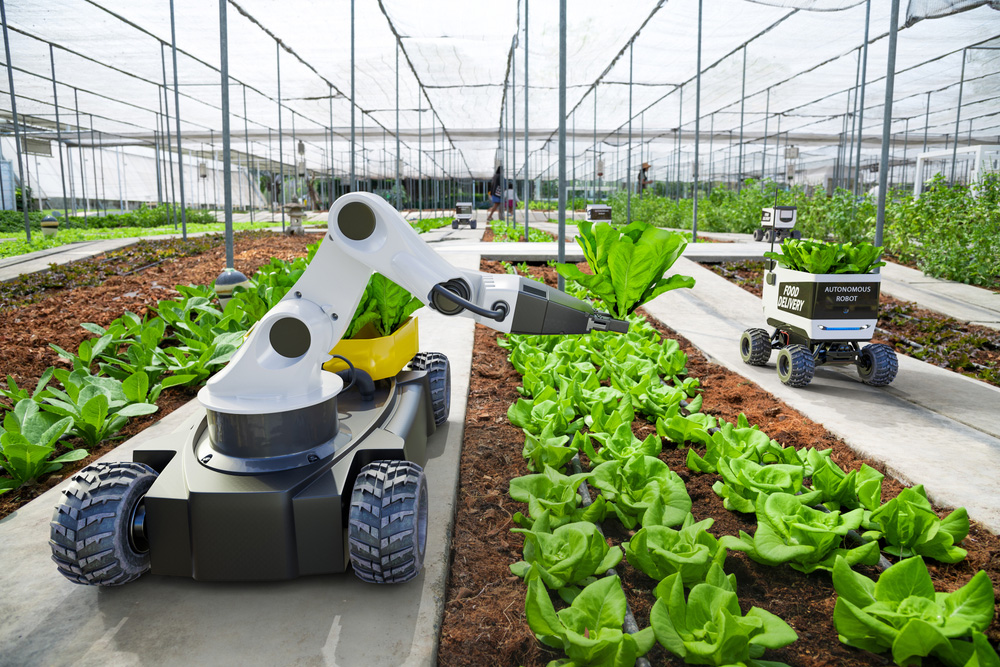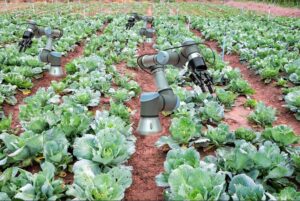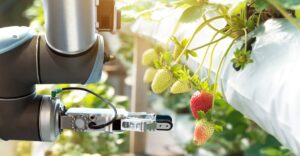The global population is rapidly expanding, posing new challenges to traditional farming methods that are already under pressure to meet growing food demands. However, the agricultural landscape is undergoing a transformation thanks to innovative technologies and practices that are redefining the way we produce food.
The Current State of Agriculture
Traditional farming methods, while valuable, face limitations like land scarcity, water usage, and environmental concerns. As these issues become more pressing, the need for innovative solutions becomes evident.
The Rise of Technological Innovations
Modern agriculture is embracing technology like never before. Precision farming techniques, powered by GPS-guided tractors and drones, allow for optimized planting, fertilization, and harvesting, leading to increased efficiency and resource conservation.
Vertical Farming: Growing Upwards
Vertical farming has gained prominence, especially in urban environments where space is limited. These farms utilize controlled environments, hydroponics, and aeroponics to maximize plant growth while using less water and space.
Hydroponics and Aquaponics: Soil-Free Solutions
Hydroponics and aquaponics offer soil-less farming alternatives. Hydroponics grow plants in nutrient-rich water solutions, while aquaponics combines fish farming with plant cultivation, creating a sustainable ecosystem that minimizes waste.
AI and Big Data in Agriculture
Artificial intelligence and big data are revolutionizing agriculture. Predictive analytics assist in crop management, disease detection, and yield optimization. Smart sensors and IoT devices collect and analyze data for more informed decision-making.
Genetic Engineering and Biotechnology
Genetic modification is enhancing crop resilience and nutritional value. While genetically modified organisms (GMOs) have raised concerns, they also offer opportunities to tackle issues like pests, diseases, and nutrient deficiencies.
Sustainable Farming Practices
Sustainability is a key focus in modern agriculture. Regenerative farming, cover cropping, and crop rotation improve soil health and reduce environmental impact. The rise of organic and locally sourced produce reflects growing consumer demand for sustainable options.
Case Studies of Innovative Farms
Real-world examples demonstrate the success of these innovations. From vertical farms in urban centers to AI-powered precision agriculture in rural areas, these farms showcase the tangible benefits and challenges of adopting innovative techniques.
Future Outlook
The future of farming looks promising with continued advancements. As technology evolves and awareness of sustainable practices grows, the agriculture industry is poised to address food security and environmental concerns on a larger scale.
Takeaway
Innovations in food production are reshaping the agricultural landscape. The convergence of technology, sustainable practices, and biotechnology offers a way forward to meet the world’s growing food demands while minimizing environmental impact. By staying informed about these innovations, we can collectively contribute to a more resilient and sustainable food future.




